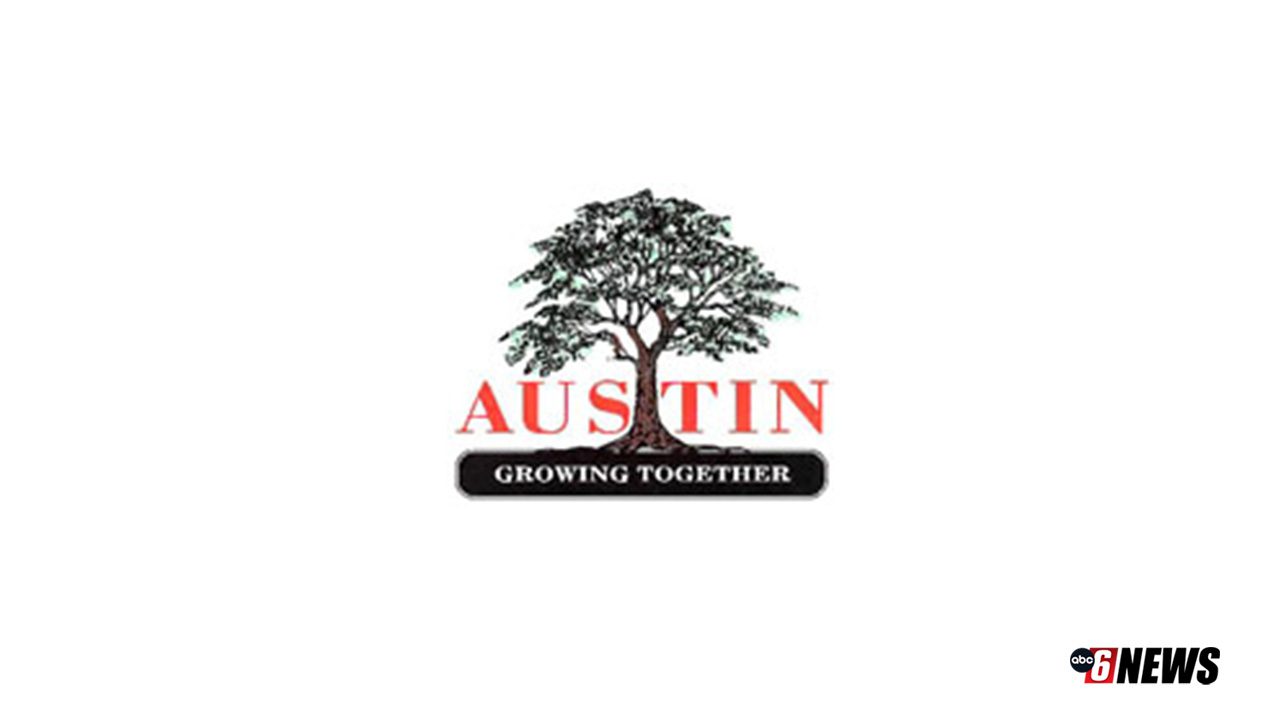How local marijuana moratoriums impact hemp farms, businesses

City of Austin
(ABC 6 News) – Another southeast Minnesota city has put in a moratorium for businesses wanting to sell recreational marijuana.
The Austin City Council voted unanimously to postpone all marijuana sales from businesses within the city limits until 2025.
The moratoriums in Austin, Pine Island, and Rochester, will not stop new hemp or CBDrelated businesses from being licensed. But current hemp and CBD businesses are now have the same 17.38% sales tax as recreational marijuana, even though no marijuana businesses are in place.
Minnesota has incorporated hemp laws and regulation with new laws that were passed with the legalization of recreational marijuana. This has put Minnesota in a unique category of having both federal and state laws regulating the growth and sale of hemp THC products.
On top of the sales tax on hemp products, hemp farmers will now be required to apply for licenses with the Minnesota department of health to keep growing and selling their products.
“The other thing too is that by October 1st is that if we’re going to continue to sell our hemp derived products,” said Ted Galaty, owner of Willow Keep Farms in Zumbrota. “We’ll have to register with the Minnesota department of health. And then by January 1st we will have to apply for a license so it will cost us $250 dollars to apply for a license and then $500 dollars to be licensed to sell these hemp derived products.
Galaty has started a second farm in Western Wisconsin as they’re laws regarding hemp are still based off federal law passed in the 2018 farm bill, making for no new rules and laws like Minnesota has now.
Galaty believes that the changes to Minnesota hemp laws have not helped his business and that the state should have kept the laws as they are federally so people can have clear distinctions between hemp and the new marijuana laws.
“To me that’s what we should be doing in Minnesota. It’s a federally legal farm commodity and I’m a farmer. And i farm, hemp. Hemp is cannabis but it’s low THC cannabis. It’s below .3 percent THC and henceforth it’s federally legal and not a drug,” Galaty said.
The new Minnesota office of cannabis management sent us a statement on these cities passing moratoriums prohibiting new marijuana based businesses and it said.
“There is a lot of behind-the-scenes work happening now to stand up the new agency, including the search for the new OCM director, preparing for the launch of rulemaking this fall, and establishing the Cannabis Advisory Council. Applications for licenses from OCM are anticipated in early 2025.”